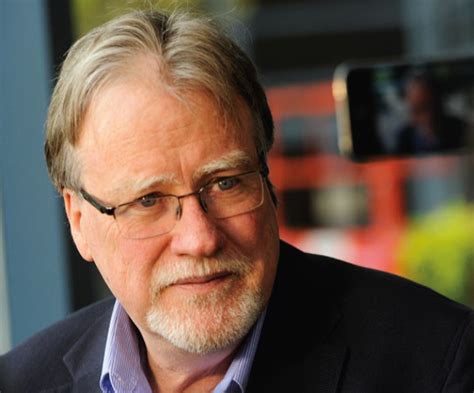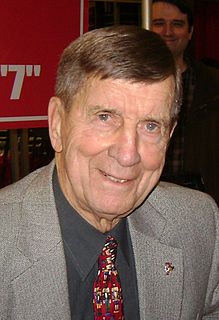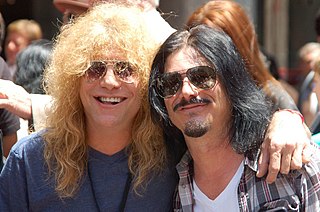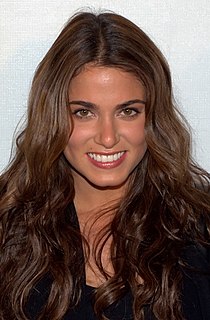A Quote by Stephen Shore
If you've met one person with autism, you've met one person with autism.
Related Quotes
Autism isn't something a person has, or a shell that a person is trapped inside. There's no normal child hidden behind the autism. Autism is a way of being. It is pervasive; it colors every experience, every sensation, perception, thought, emotion and encounter - every aspect of existence. It is not possible to separate the autism from the person – and if it were possible, the person you'd have left would not be the same person you started with.
I think one of the problems with the definition of autism is we keep expanding it. It started as "early infantile autism", and then it became "autism", and now it's "autism spectrum disorder". I'm not opposed to that from the standpoint of trying to broaden our vistas, and so forth. But from a research point of view, the term autism is lost in specificity.
I think that if I could do any sort of research of autism that I wanted to do, at this point I would take a sample of classic, early infantile autism persons and compare them with what I call "classic late onset autism", individuals. I think we will find that the cause of those youngsters with autism who have autism from birth is probably different than those who have late onset autism.
What do we know about autism in 2013? Autism symptoms generally emerge before age three and usually much earlier, often as language delays or lack of social engagement. Recent research suggests that autism can be detected during the first year of life, even before classic symptoms emerge. Indeed, the symptoms may be a late stage of autism.
In fact, when we as neuro-typical people encounter a person with autism spectrum syndrome who's always been that way it is that we have to adjust. Just because we can read people with autism correctly, whatever that word is why do we always default to saying, 'Well, that kid is not normal?' What is normal?
































